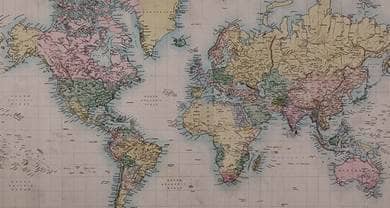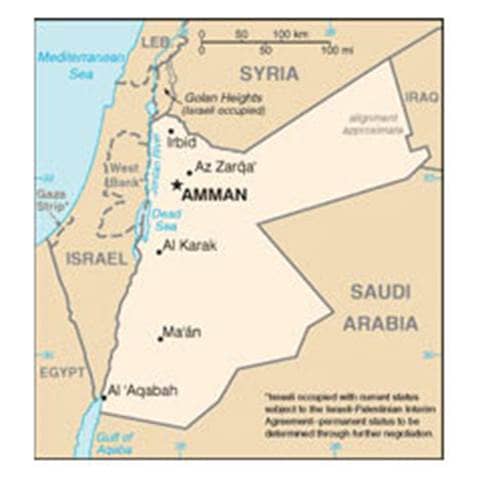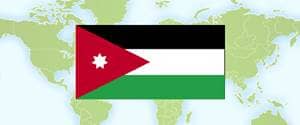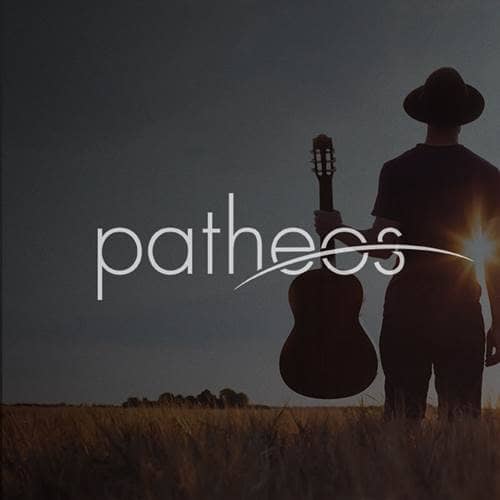- Trending:
- Pope Leo Xiv
- |
- Israel
- |
- Trump
- |
- Social Justice
- |
- Peace
- |
- Love

RELIGION LIBRARY
Jordan

The country has an area of 35,637 square miles and a population of 6.3 million. More than 92 percent of the population is Sunni Muslim. Official and unofficial estimates of the number of Christian citizens vary from 1.5 to 5 percent of the population. According to church leaders there are an estimated 150,000 Christians. According to representatives of the respective communities, there are a small number of Shi'a Muslims, approximately 1,000 Baha'is, and an estimated 14,000 Druze. There are no statistics available regarding the number of persons who are not adherents of any religious faith.
Officially recognized Christian denominations include the Greek Orthodox, Roman Catholic, Greek Catholic (Melkite), Armenian Orthodox, Maronite Catholic, Assyrian, Coptic, Anglican, Lutheran, Seventh-day Adventist, and Presbyterian churches. Christian churches not officially recognized but registered as "societies" include the Baptist Church, Free Evangelical Church, Nazarene Church, Assemblies of God, Christian and Missionary Alliance, and the Church of Jesus Christ of Latter-day Saints (Mormons). Unrecognized Christian denominations include United Pentecostal and Jehovah's Witnesses. There are Chaldean and Syriac Christians and Shi'a among the Iraqi refugee population, referred to as "guests" by the Government.
Non-governmental organizations (NGOs) generally agree that the number of Iraqis living in Jordan is 100,000 to 200,000. As of March 30, 2009, approximately 54,000 Iraqis residing in the country were registered with the UN High Commissioner for Refugees (UNHCR) as refugees or asylum seekers. Of those registered with the UNHCR, 45 percent are Sunni Muslim, 35 percent Shi'a Muslim, and 12 percent Christian.
With few exceptions, there are no major geographic concentrations of religious minorities. The cities of Husn, in the north, and Fuheis, near Amman, are predominantly Christian. Madaba and Karak, both south of Amman, also have significant Christian populations. The northern part of the city of Azraq has a sizeable Druze community. There also are Druze populations in Amman and Zarqa. There are a number of non-indigenous Shi'a living in the Jordan Valley and in the south.
| Population | Population (2009 est.) 6,342,948 |
| Religious Demographics | Sunni Muslim 92%, Christian 6% (majority Greek Orthodox, but some Greek and Roman Catholics, Syrian Orthodox, Coptic Orthodox, Armenian Orthodox, and Protestant denominations), other 2% (several small Shi'a Muslim and Druze populations) (2001 est.) |
| Ethnic Groups | Ethnic Groups Arab 98%, Circassian 1%, Armenian 1% |
| Languages | Languages Arabic (official), English widely understood among upper and middle classes |
| Country Flag |  |










